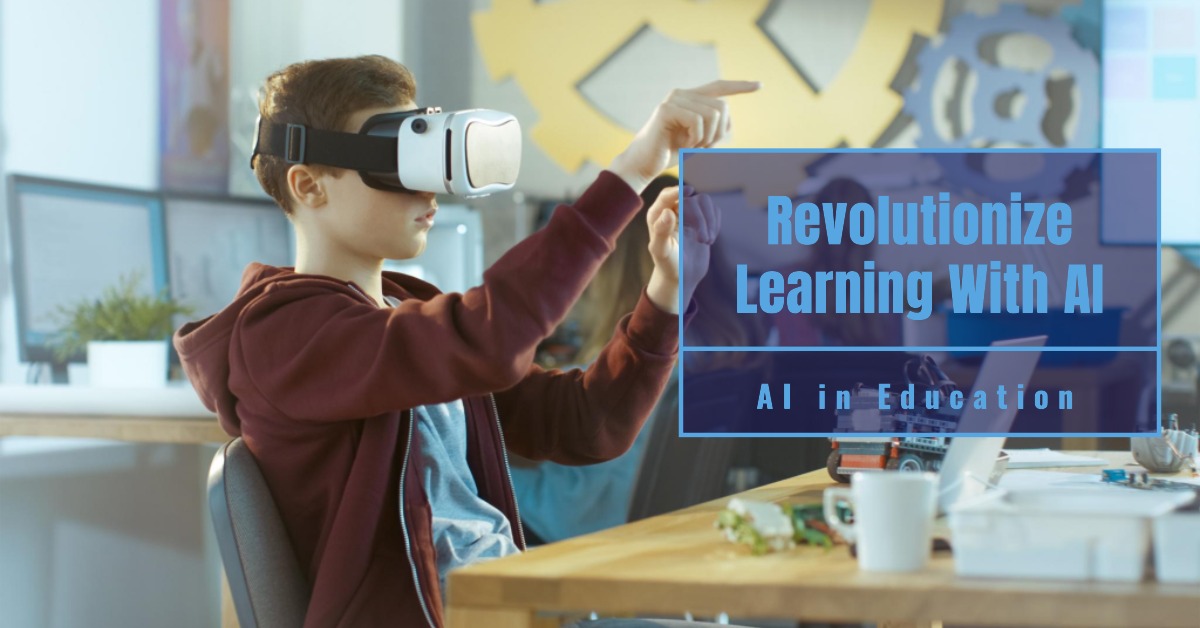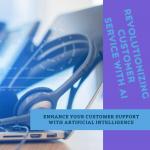
AI in Education: Transforming Learning Through Artificial Intelligence
Introduction
Artificial Intelligence (AI) is revolutionizing the education sector, reshaping the way students learn and teachers educate. By harnessing the power of AI, educational institutions are enhancing the learning experience, personalizing education, and improving overall outcomes. In this blog post, we'll delve into the various ways AI is transforming education, making it more accessible, engaging, and effective for students and educators alike.
1. Personalized Learning Paths
AI algorithms analyze students' learning patterns and abilities, allowing for the creation of personalized learning paths. Tailored educational content, adaptive quizzes, and customized challenges ensure that each student receives a unique learning experience, addressing their individual strengths and weaknesses.
2. Intelligent Tutoring Systems
AI-driven tutoring systems provide real-time assistance to students. These systems identify areas where students struggle and offer targeted explanations and exercises. Intelligent tutoring systems support students in mastering difficult concepts, improving their confidence and academic performance.
3. Automated Grading and Feedback
AI automates the grading process, saving educators valuable time. Machine Learning algorithms assess assignments, quizzes, and exams, providing instant feedback to both students and teachers. Quick feedback loops enhance the learning process, allowing students to understand their mistakes and areas for improvement promptly.
4. Smart Content Creation
AI tools assist educators in creating engaging educational content. From interactive multimedia lessons to virtual simulations, AI-driven platforms empower teachers to craft dynamic learning materials. These resources captivate students' attention, fostering a deeper understanding of the subject matter.
5. Predictive Analytics for Early Intervention
Predictive analytics powered by AI identify students at risk of falling behind. Educators receive alerts about students who may need additional support, enabling early intervention strategies. Timely support ensures that no student is left behind, enhancing the overall academic performance of the class.
Conclusion
AI's integration into education signifies a transformative era in learning. By personalizing education, automating administrative tasks, and enhancing teaching methods, AI is creating a more inclusive and effective educational environment. As AI continues to advance, the future of education promises to be adaptive, engaging, and tailored to the unique needs of every learner.



